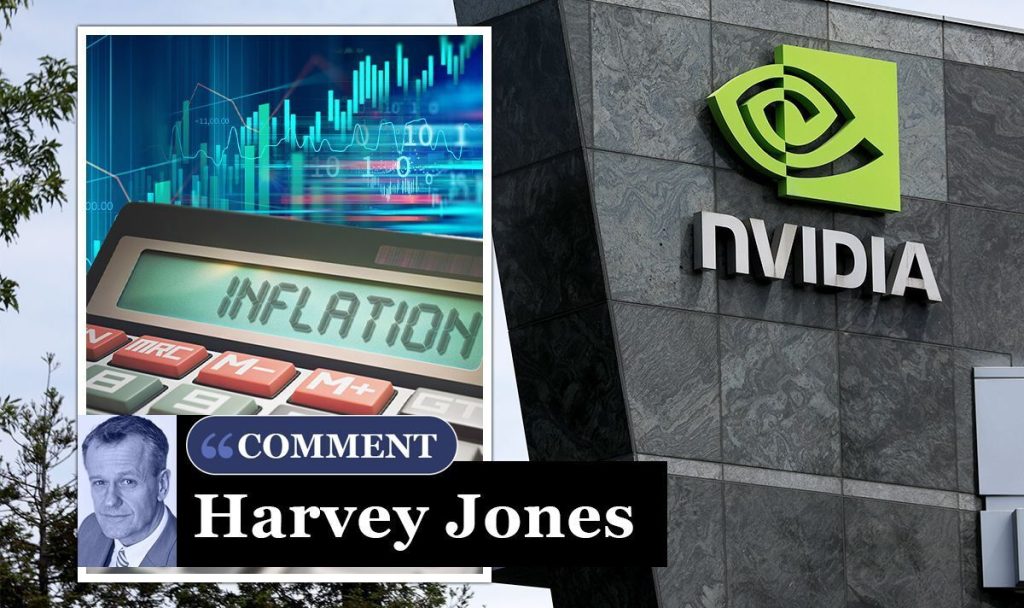
Since the start of the year investors have all been asking themselves the same question and it’s got nothing to do with AI. They want to know when interest rates will peak and fall. We’re almost in September and we still don’t know the answer.
Markets thought we’d hit peak rates last month, at least in the US, after the Federal Reserve hiked its funds rate to 5.5 percent.
New York’s S&P 500 almost hit an all-time high on hopes that rates had peaked. Over here, the FTSE 100 spiked after June’s inflation figure fell faster than expected to 7.9 percent.
Then Fed chair Jay Powell ruined the fun by warning he wasn’t done yet and markets crashed.
It didn’t help that this coincided with a meltdown in the Chinese property market.
The Fed has been hiking interest rates for the same reason as the Bank of England, in a desperate bid to crush inflation.
Yet the US economy has continued to boom, while consumers have carried on spending despite higher borrowing costs.
Nobody expected that. Most thought the Fed’s work would have been done by now.
Markets have spent today waiting to hear Powell’s big speech at Jackson Hole, Wyoming, when he was expected to tell us where rates will go next.
Powell has now spoken and it looks like there’s more pain to come.
He’s still talking tough on inflation warning: “It is the Fed’s job to bring inflation down to our two percent goal, and we will do so.”
Price growth remains too high and “restrictive policy will likely pay an increasing role” in getting inflation back to target.
Powell hasn’t said whether the Fed will hike rates to 5.75 percent in September or what the peak might be. Central bankers are never that clear.
But markets are glum and reckon the recovery is going to take that bit longer. Both the S&P500 and FTSE 100 have dipped as a result.
If Powell hikes rates further the Bank of England will surely follow. The BoE has an unhealthy habit of slavishly following the Fed’s lead.
So I now expect UK base rates to hit 5.5 percent on September 21 month in another blow for mortgage borrowers. They could still hit six percent by year end.
READ MORE: Tech stocks boom again and pension and Isa savers are buying these funds
Powell’s downbeat speech even took the wind out of Nvidia. It’s been going gangbusters all year, rising a staggering 230 percent so far in 2023.
Three months ago it joined the trillion-dollar club, alongside tech giants Apple, Amazon, Google-owner Alphabet and Microsoft
On Wednesday, it reported that three-monthly sales had more than doubled to a record $13.5billion.
The company made a pure profit of a cool $6billion.
That sound you can hear is investors all over the world kicking themselves for failing to buy the stock in January.
Personally, I wouldn’t buy Nvidia today. It’s always dangerous buying shares on the back of a stellar run.
There’s a serious danger you arrive to the share price party too late and end up nursing a nasty hangover as the stock crashes.
There are already signs of a slow down. Today its shares have fallen 2.8 percent, despite those bumper profits.
Its share price is flat over the last month.
We still do not know whether AI will change the world, and whether it will give Nvidia a lasting boost.
Nor do we know when interest rates will peak and the cost-of-living crisis will end. We just know it’s going to take even longer than we would like.

 Latest Breaking News Online News Portal
Latest Breaking News Online News Portal




